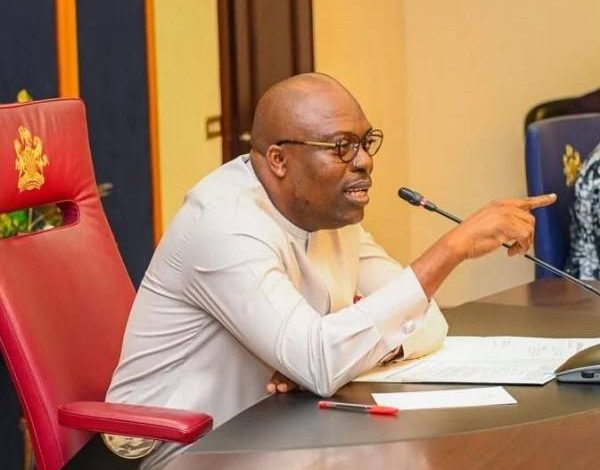African Football Clubs Strengthen Partnerships With European Teams

African football clubs are building stronger ties with European teams. These partnerships go beyond transfers. They include training, infrastructure support, marketing, and commercial ventures. This shift shows how African clubs are planning long-term growth with international collaboration.
In recent years, many clubs have focused on creating structured partnerships instead of one-off deals. These connections help clubs improve youth academies, share scouting systems, and get access to better medical and sports science tools. The benefits are both technical and financial. Strong alliances open doors for sponsorship, training exchanges, and better visibility.
Fans and sponsors now follow these collaborations more closely. African users also engage through digital platforms that promote global football content. This audience includes users of platforms like 1xbet ethiopia trusted betting site, where match predictions and club news create more connection with foreign leagues.
Player Development and Training Systems
One of the main goals of these partnerships is to improve player growth. European clubs bring structured training models and coaching staff. African clubs gain by learning how to apply these methods locally.
Youth academies benefit the most. Players receive earlier and more consistent training. Clubs also introduce match analysis software and recovery programmes. These tools raise the quality of players being produced and make them more competitive for trials abroad.
Loan systems have also evolved. Instead of long-term contracts, players often move on short development stints. This gives them experience while maintaining strong links with their home clubs.
To manage schedules, stats, and health data, many players and staff now rely on tools like the which centralise updates and offer interactive features related to player and team performance.
Marketing, Visibility, and Digital Reach
Strategic partnerships include media planning. African clubs gain access to joint campaigns, shirt sponsorships, and match-day activation plans. This expands brand recognition across markets and draws in international fans.
Joint friendlies or academy matches between African and European sides are now more common. These games are often streamed or promoted digitally. Local broadcasters and mobile apps also benefit from this content.
Brand visibility increases through merchandise, digital stickers, and branded content. Many African clubs now feature in global football games or apps, which boosts their digital footprint. Players gain recognition earlier and clubs benefit from image rights.
Some platforms also use this visibility to promote fan activities. Campaigns linked to predictions or performance stats now use offers such as your 1xbet promo code ethiopia, which connects fans to both local and European fixtures.
Shared Value in Transfer Markets
Transfers have always been central to African-European club relations. Now, deals include broader value. Clubs include resale clauses, performance bonuses, and joint marketing rights. This ensures both clubs benefit even after the initial transfer.
Scouting partnerships make it easier to track young talent across different leagues. Clubs also share medical records, match footage, and player history through secure systems.
These changes make transfers smoother and reduce risks. Players feel more supported and clubs gain confidence in managing international movement.
Fans now take part in discussions around odds, injuries, and club form. Digital tools that highlight current forms and betting logic support these habits. Fans interested in making smarter sports bets often follow clubs with active European ties for more reliable data.
Outlook for Expansion
The success of strategic partnerships will depend on how clubs manage scale. Smaller teams can now use digital tools to attract partnerships. Strong data, good facilities, and reliable coaching records increase chances of forming alliances.
Clubs must also ensure local identity is protected. European support should add value, not replace systems. Joint ventures should include local staff training, community events, and co-branding that respects African audiences.
With more access to technology and structured deals, clubs are better placed to negotiate. In time, some African clubs may even create reverse partnerships – offering scouting or media content back to European teams looking to expand in Africa.
Strategic partnerships are no longer a trend. They are a model of sustainable growth. With structure, shared goals, and digital support, they can help African football reach more fans, keep better players, and build stronger businesses.





